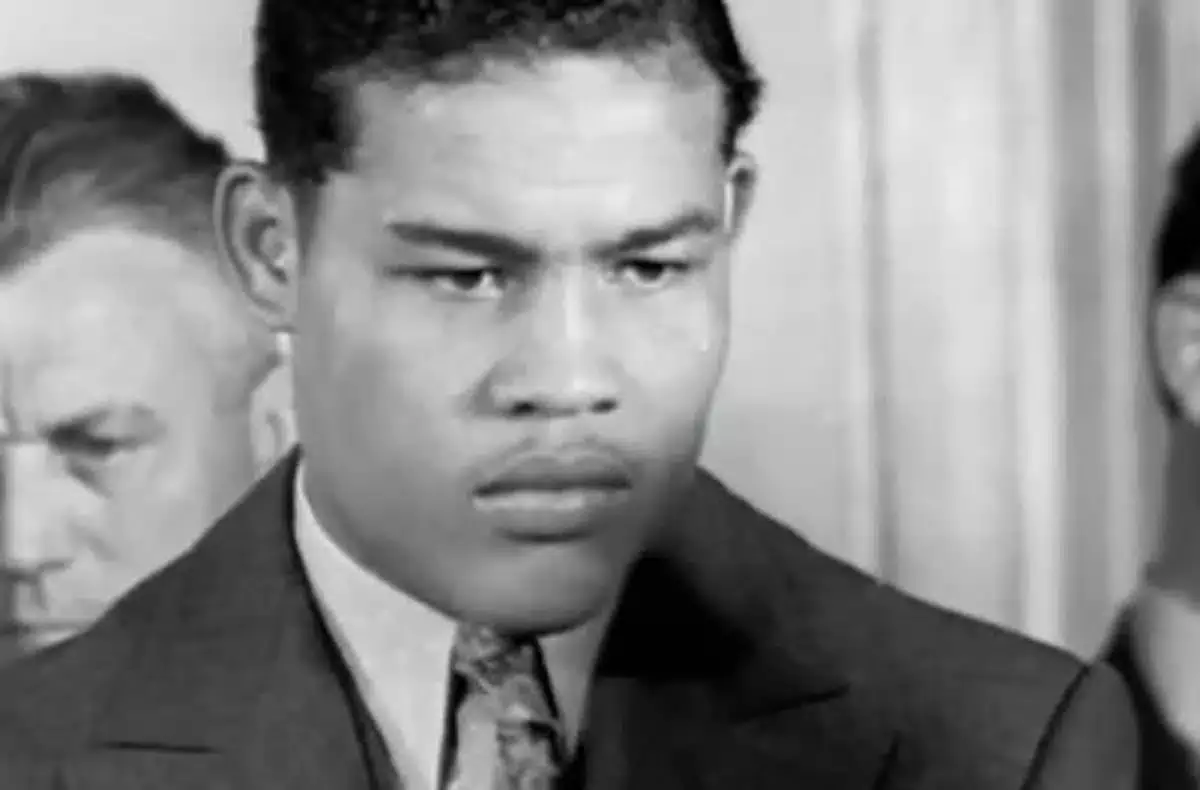In the turbulent world of boxing, opinions are as varied as the fighters themselves, and few voices are as vibrant as that of Teddy Atlas. Known for his unfiltered commentary and fervent love for the sport, Atlas took the boxing community by storm once again with his latest declaration: the top 10 greatest heavyweights of all time. Delivered passionately during an episode of his podcast, ‘The Fight,’ this list spurred lively debate. The palpable emotion in his voice enhances the credibility of his analysis, making it more than just a rankings list—it’s a tribute to the remarkable history of heavyweight boxing.
Atlas’s choices reflect decades of boxing knowledge and a deep appreciation for the intricacies of the sport. This article delves into his selections, shedding light on the merits of these boxers while also exploring the controversy they ignite among fans and critics alike.
The Talented Ten: A Closer Look
10. Lennox Lewis—Atlas justifies Lewis’ spot on the list by emphasizing the importance of resilience in boxing. Surviving two knockout defeats in his career only made Lewis stronger, showcasing an ability to rise above challenges that many champions never encounter. His ability to reclaim his title and dominate the heavyweight scene speaks volumes about his skill set.
9. Larry Holmes—Holmes’s jab is often regarded as unparalleled in heavyweight history, a strategic advantage that allowed him to control fights. Atlas notes his close brush with remaining undefeated, indicating how close Holmes came to achieving the heights typically reserved for legends. His career longevity and tactical fighting style make him a worthy inclusion, and Atlas’s recognition affirms his deserved place in boxing history.
8. Jack Dempsey—One of the earliest boxing superstars, Dempsey captured hearts and headlines. Atlas doesn’t shy away from acknowledging the importance of Dempsey’s era, steering clear of modern interpretations of boxing to pay homage to this transformational figure. Dempsey’s robust fighting spirit and the historical context of his battles contribute to his ranking.
7. Gene Tunney—Tunney is notable for his cerebral approach to boxing, as depicted in Atlas’s description. His ability to intertwine intellect and fist-fighting brought a refreshing dynamic to the sport during his time. The story of his comeback against Dempsey resonates as a quintessential tale of heart and endurance, showcasing qualities that Atlas holds in the highest regard.
6. The Open Slot—In a commendable nod to audience engagement, Atlas leaves this spot open, inviting listeners to voice their opinions. This unconventional choice reflects Atlas’s recognition of the subjective nature of rankings and the multitude of perspectives present in the boxing community. It highlights his understanding that every fan harbors a personal connection to boxing history.
5. George Foreman—Atlas’s assessment acknowledges Foreman’s unique journey, reflecting on how he reinvented himself after retiring. His story is one of resilience and reinvention, akin to a phoenix rising from the ashes. This perspective enriches Foreman’s status within the heavyweight ranks, showcasing a multifaceted boxer whose impact transcends generations.
4. Rocky Marciano—Often underrated, Marciano’s relentless style and punching power are often overshadowed by flashier fighters. Atlas’s call to recognize Marciano’s intelligence within the ring accentuates the importance of strategy in boxing. His comeback victories and ability to pull off wins against tough opponents exemplify a fighting spirit that resonates with fans who appreciate the purity of the sport.
3. Jack Johnson—Johnson’s significance extends beyond boxing, as he shattered racial barriers to become the first African American heavyweight champion. Atlas highlights Johnson’s exceptional skills, combining offense and defense in a way that was revolutionary for the time. His legacy endures not only due to his prowess but also for his role as a symbol of change.
2. Muhammad Ali—Ali’s inclusion is unsurprising but worthy of discussion. Atlas considers his ranking special yet perhaps debatable among hardcore fans. The description of Ali’s speed and adaptability emphasizes why he remains a benchmark for aspiring fighters. The nuances of Ali’s career, filled with cultural and social implications, solidify his iconic status.
1. Joe Louis—As Atlas concludes with Louis, he encapsulates not just the athlete’s boxing prowess but his historical significance. Louis’s epic battles and his ability to rise against adversity in a politically charged atmosphere carve out a narrative filled with drama and triumph. This depth adds layers to his legacy, showcasing Louis as not just a champion but a potent symbol in a complex time.
Engaging the Spirit of Debate
Ultimately, Teddy Atlas’s rankings do more than simply list names; they ignite discussion and encourage boxing enthusiasts to delve deeper into the rich history of the heavyweight division. Each selection reflects a unique narrative that contributes to the overall tapestry of boxing. The beauty lies not only in the rankings but in the diverse responses they elicit, affirming that the spirit of competition and analysis is what makes boxing—much like its heavyweights—ever enduring and fascinating.

